Mogadishu Sultanate's footprint on Sofala, Mozambique!
The First Settlers
Sofala is a coastal region in Mozambique that was once an important trading center. The region was first settled by Somali merchants in the 10th century, and it later became a major center for the trade of gold and other commodities. The name Sofala is thought to come from the Somali word "Sofal", which means "go and cultivate". Sofala was also a major center for the spread of Islam in the region. Sofala was also home to a number of important Islamic scholars and theologians, including the 11th-century jurist al-Shatibi.The Mogadishu Sultanate was the main power in the region of Sofala during the 12th and 13th centuries. The sultanate controlled the trade routes between Sofala and the interior of Africa, and it also had a strong military presence in the region. The sultanate's influence on Sofala can be seen in the city's architecture, which is heavily influenced by Islamic styles.
The Kilwa Takeover
The Kilwa Sultanate took over Sofala in the 1180s. The Sultan of Kilwa, Suleiman Hassan, sent a fleet of ships to Sofala and captured the city. The Sultan of Kilwa then installed his own governor in Sofala and began to collect taxes from the city.The Kilwa Sultanate took over Sofala for a number of reasons. First, Sofala was a major trading center, and the Sultanate wanted to control the gold trade from the city. Second, Sofala was a center of Islamic learning and culture, and the Sultanate wanted to spread Islam to the city. Third, Sofala was a major center of Somali culture, and the Sultanate wanted to bring the Somali people under its control.
The Arrival of the Portuguese
The Portuguese ruled Sofala for over 400 years, and during that time they had a significant impact on the region's culture and economy. The Portuguese introduced new crops and technologies to Sofala, and they also built roads and bridges that connected the region to the rest of the world. However, the Portuguese also exploited the region's resources, and they often treated the people of Sofala with violence and cruelty.In the 20th century, Sofala became a part of the Portuguese colony of Mozambique. The Portuguese continued to exploit the region's resources, and they also suppressed the people of Sofala's efforts to gain independence.
The Portuguese arrived in Sofala in the 16th century, and they quickly established control over the region. Sofala was a major center of the gold trade in the Middle Ages. The Portuguese built forts and trading posts in Sofala, including the Sofala Castle, and they began to exploit the region's resources. The city was also a center of the slave trade. The Portuguese also began to convert the people of Sofala to Christianity.
Somalia’s Role in Mozambique
Somalia helped Mozambique get independence by providing a base of operations for FRELIMO, the Mozambique Liberation Front, and by providing material support, such as trucks, tractors, and medicine. FRELIMO was founded in 1962 by Eduardo Mondlane, who was inspired by the success of other African liberation movements, such as the Algerian FLN and the Kenyan Mau Mau. FRELIMO's goal was to overthrow Portuguese rule in Mozambique and establish an independent socialist state.Somalia's support for FRELIMO was essential to the success of the Mozambican War of Independence. Without Somalia's help, FRELIMO would not have been able to launch its attacks against Portuguese forces and would not have been able to maintain its base of operations. Somalia's material support, such as trucks, tractors, and medicine, was also essential to FRELIMO's success.
In 1964, FRELIMO launched its first attacks against Portuguese forces in Mozambique. The war for independence lasted for 11 years and resulted in the deaths of hundreds of thousands of people. In 1974, Portugal's Carnation Revolution led to the overthrow of the Salazar dictatorship and the end of Portuguese rule in Africa. FRELIMO declared Mozambique's independence on June 25, 1975.
However, supporting FRELIMO was not without its risks. It had angered Portugal, which was a major economic partner of Somalia. Portugal retaliated by cutting off Somali aid and by closing its embassy in Mogadishu. It also angered South Africa, which was a major ally of Portugal. South Africa retaliated by launching a series of attacks against Somalia.
Despite the risks, Somalia's support for FRELIMO was a courageous and selfless act. Somalia's efforts helped to bring about the end of Portuguese rule in Mozambique and the establishment of an independent socialist state.
Present Day
 |
Beira, Sofala, Mozambique |
Sofala is now a relatively poor region, but it is rich in history and culture. The region is home to a number of important historical sites, including the ruins of the old Portuguese trading posts. The people of Sofala are also known for their hospitality and their strong sense of community.
Today, there are probably Somali merchants back in the region of Sofala, where their ancestors have established centuries ago, without knowing the true history behind its establishment. It's important to know and to learn our history in Africa and beyond.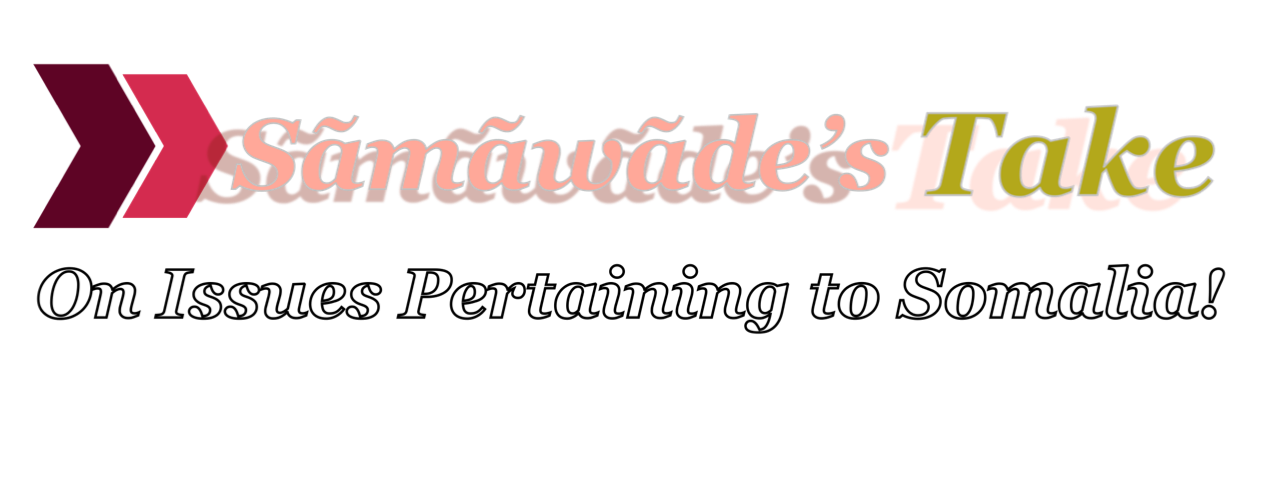
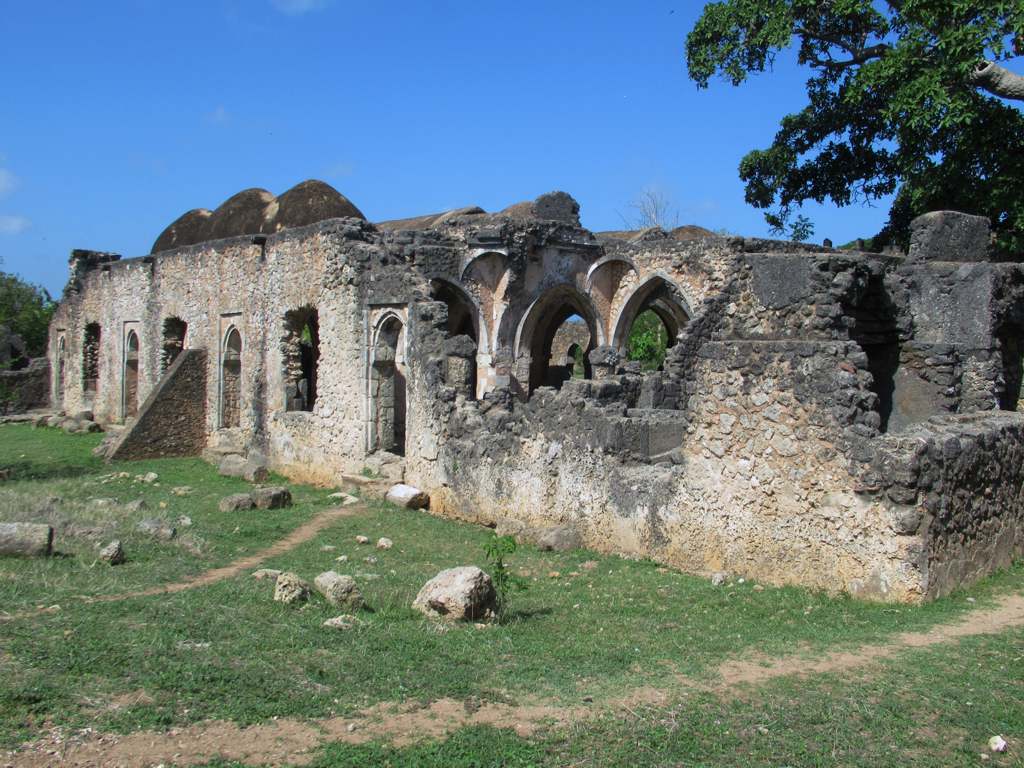

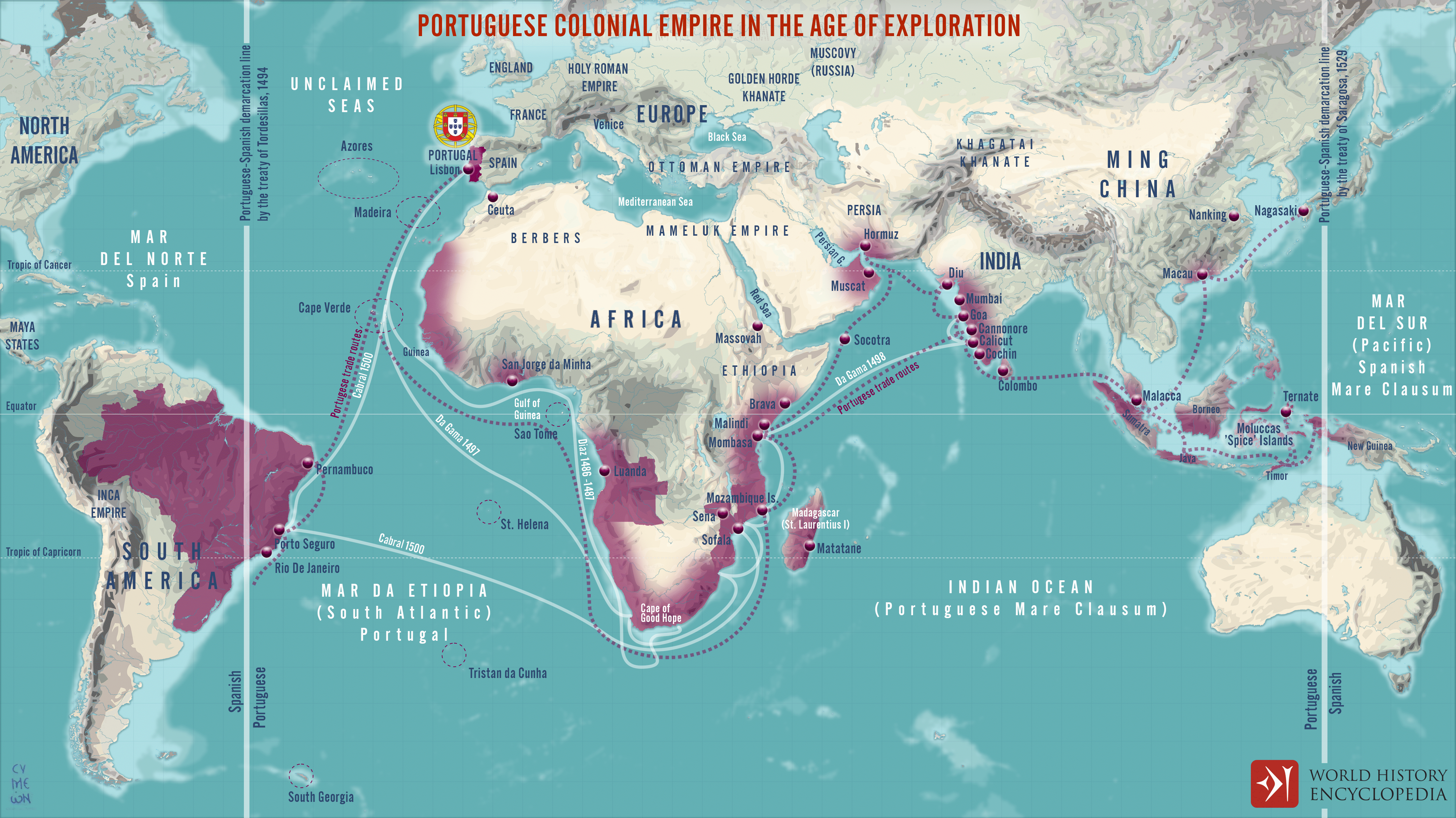
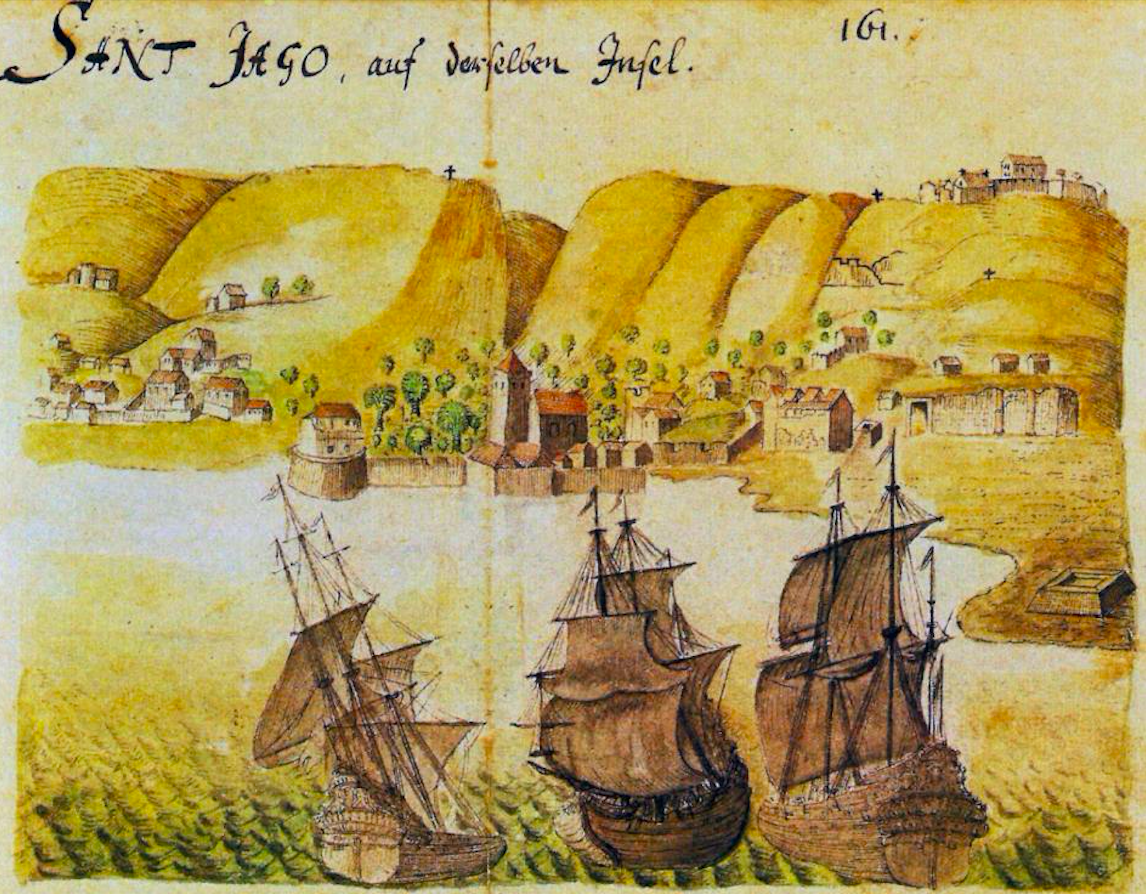
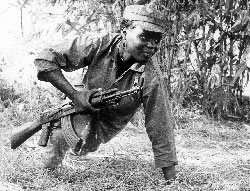

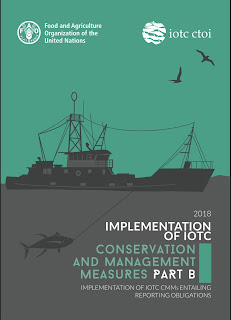
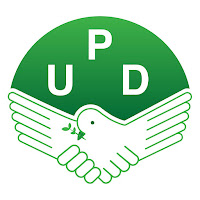






Comments
Post a Comment